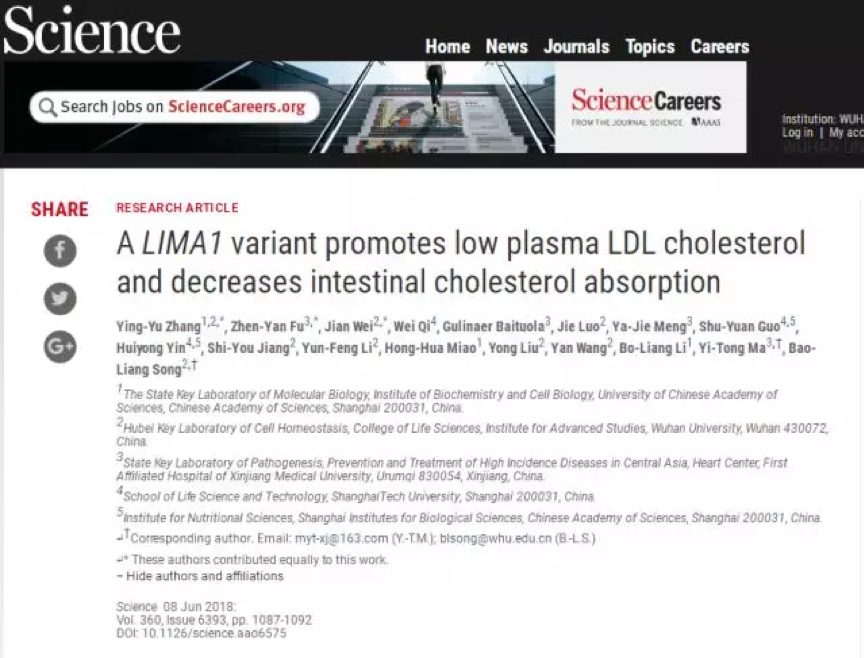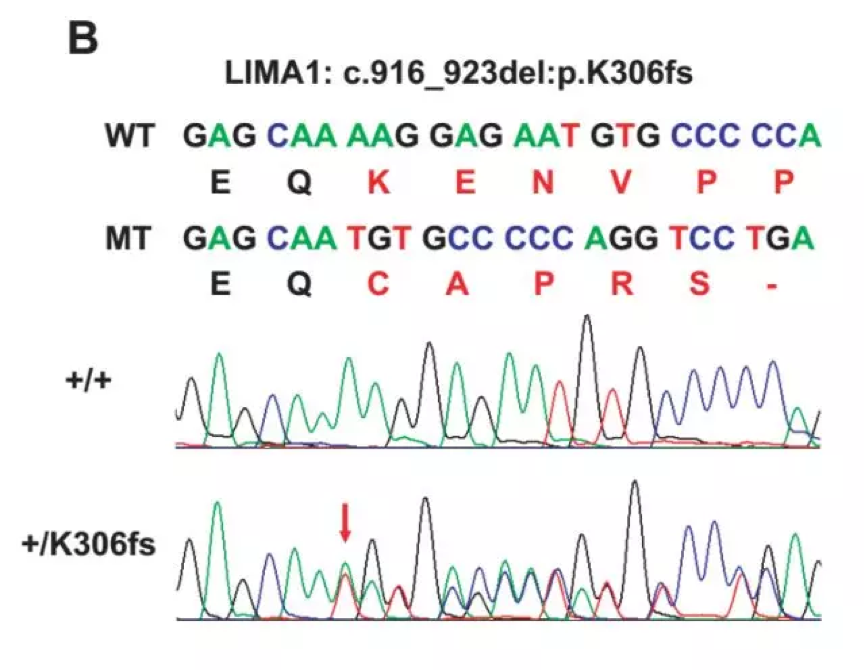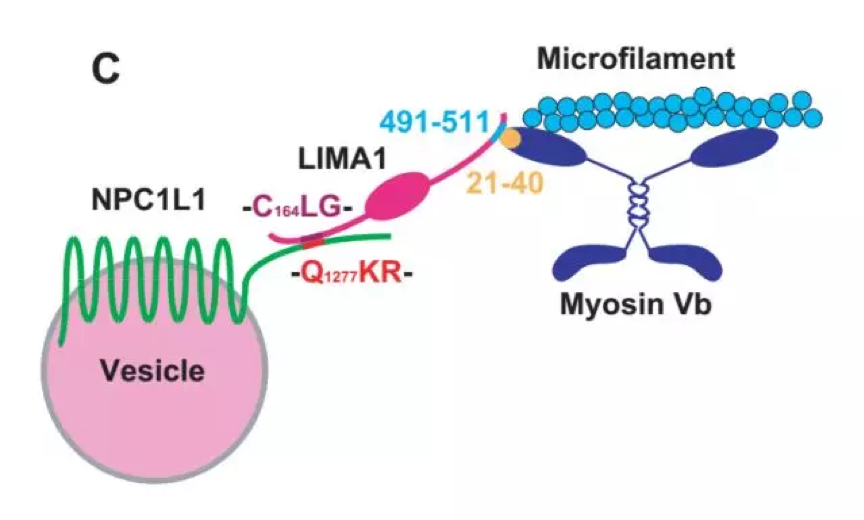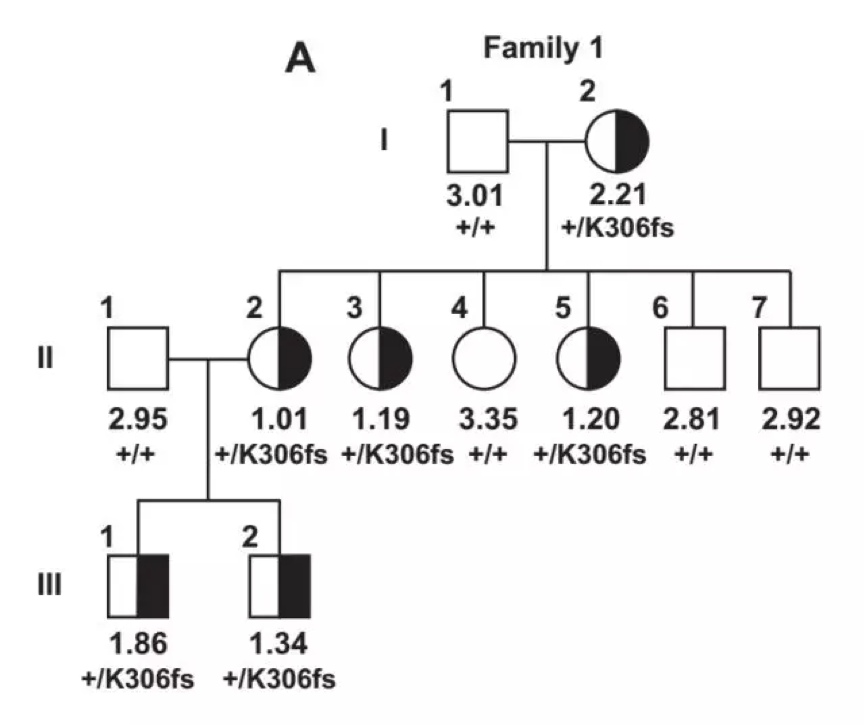On June 7th, 2018 EDT, Science publisheda research article about Song Baoliang team’s latest research results. Professor Song is the dean of College of Life Sciences, Wuhan University and director of Hubei Province’s key laboratory of cell homeostasis.


The article is entitled A LIMA1 variant promotes low plasma LDL-cholesterol and decreases intestinal cholesterol absorption. Song and Ma Yitong, professor from the first affiliated hospital of Xinjiang Medical University, are co-corresponding authors of the paper. The first authors are Doctor Zhang Yingyu, from Shanghai Institute of Biochemistry and Cell Biology, CAS (Chinese Academy of Sciences), Doctor Fu Zhenyan, from First Affiliated Hospital of Xinjiang Medical University, and Doctor Wei Jian, from College of Life Sciences of Wuhan University.

A high concentration of low-density lipoprotein cholesterol (LDL-C) is a major risk factor for cardiovascular disease. LDL-C concentration is a complex trait that is influenced by environmental and genetic factors. Therefore, making out the genetic regulatory mechanism of LDL-C is the prerequisite for disease diagnosis & treatment and medical research & development. However, most LDL-C affecting genes remain unidentified.
As LDL-C levels and morbidity of CHD (coronary heart disease) vary among ethnic groups, in order to dig out new cholesterol regulatory genes, Song’s team cooperated with Ma’s team and carried out a Cardiovascular Risk Survey among Xinjiang people, from which a Chinese Kazakh family (named Family 1) with inherited low levels of LDL-C (Fig. 1A) came into notice. Through whole-exome sequencing and genetic association analysis, the LIMA1-K306fs SNV is suggested as the responsible variant for low LDL-C.

Fig. 1 Identification of the K306fs mutation in the LIMA1 gene associated with lower plasma LDL-C in a Chinese Kazakh family.
Further studies indicate that LIMA1 was mainly expressed in the small intestine. LIMA1 bridged NPC1L1, an essential protein for cholesterol absorption, to a transportation complex containing myosin Vb and facilitated cholesterol uptake. The study provides a new drug target for cholesterol reduction and also helps to explain why Kazakhs consume more beef and mutton, but less suffer from cardiovascular and cerebrovascular diseases than Han Chinese.
Professor Song has long been committed to the study of cholesterol metabolism and has made a series of pioneering original research achievements, including the discovery of new intracellular approaches to transport cholesterol, new cholesterol protein’s covalent modification and cholesterol homeostasis regulation mechanism. He also published several high-level research papers as correspondent author in top journals like Cell (1 paper), Nature Medicine (1 paper), Cell Metabolism (4 papers), Nature Cell Biology (1 paper) and Molecular Cell (4 papers).
Other co-authors include Researcher Li Boliang from Shanghai Institute of Biochemistry and Cell Biology, CAS, Researcher Yin Huiyong from Shanghai Institute of Nutrition and Health, CAS, Researcher Qi Yi from Shanghai Tech University, Professor Liu Yong, Professor Wang Yan and Doctor Luo Jie from Wuhan Univeristy. The project was funded by Ministry of Science and Technology of People's Republic of China, National Natural Science Foundation of China, High-tech project of Xinjiang Uygur Autonomous Region, “111 Intelligence Induction Project” from Education Ministry and Natural Science Fund of Hubei Province.
(Rewritten by Lu Huixin)
(Edited by Zheng Lingling, Shen Yuxi, Liu Jiachen and Liu Xiaoli)